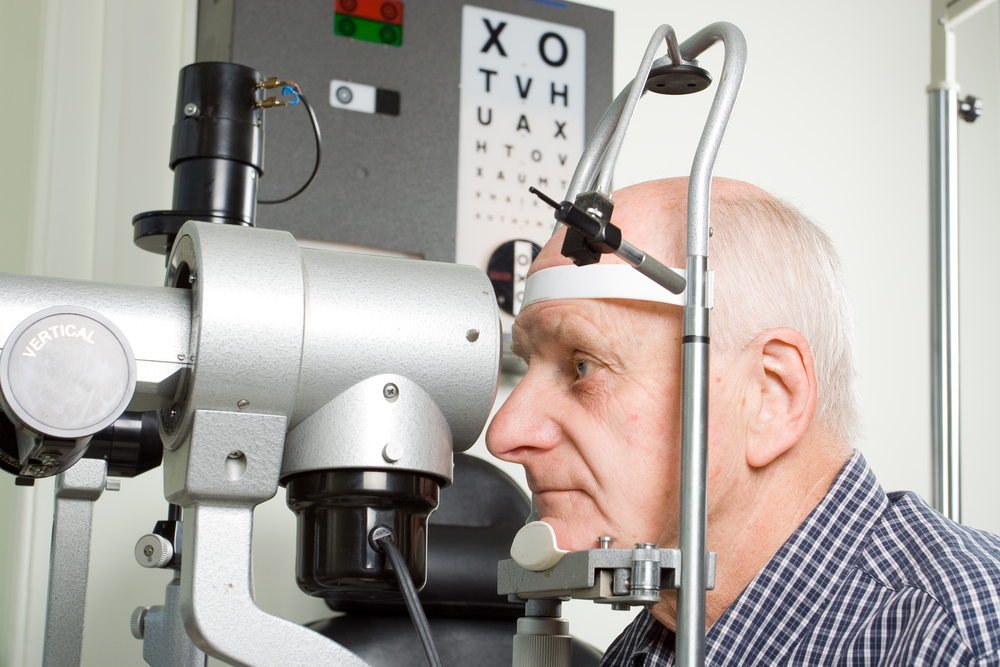
Diabetes is a condition that requires careful attention to many aspects of your health, including your eyes. High blood sugar can have a significant impact on your vision and overall eye health, often in ways that aren’t immediately noticeable. Regular eye exams are one of the most important steps you can take to protect your sight.
How Diabetes Impacts Your Eyes
Diabetes affects blood vessels throughout the body, including those in your eyes. Over time, high blood sugar levels can damage these delicate blood vessels, leading to a range of vision problems. Some of the most common eye conditions linked to diabetes include diabetic retinopathy, diabetic macular edema, cataracts, and glaucoma.
Diabetic retinopathy occurs when the blood vessels in the retina are damaged. This condition can lead to vision loss if it is not detected and treated early. Diabetic macular edema is another complication, involving swelling in the macula; the part of the retina responsible for sharp, central vision.
People with diabetes are also at a higher risk for developing cataracts at a younger age compared to those without diabetes. Additionally, diabetes increases the risk of glaucoma, a condition that damages the optic nerve and can result in permanent vision loss if left untreated.
What We Look for in a Diabetic Eye Exam
A diabetic eye exam is more detailed than a standard vision check. Here’s what you can expect during your visit:
Dilation: We use special drops to dilate your pupils, allowing a better view of the back of your eyes, including the retina and optic nerve.
Retinal Imaging: Advanced imaging tools help us detect early signs of diabetic retinopathy, macular edema, or other changes before you notice symptoms.
Visual Acuity Test: We measure how well you see at various distances to detect any changes in your vision.
Eye Pressure Check: Monitoring intraocular pressure helps us detect glaucoma early.
Evaluation of Blood Vessels: We closely examine blood vessels in the retina for swelling, bleeding, or abnormal growth.
How Often Should You Schedule a Diabetic Eye Exam?
For most people with diabetes, we recommend scheduling a comprehensive eye exam at least once a year. Regular annual exams are essential for monitoring your eye health and detecting any early signs of diabetic eye disease.
However, some patients may need to come in more frequently. If you’ve been diagnosed with diabetic retinopathy or other eye complications, your eye doctor will likely suggest more frequent exams to closely monitor any changes and adjust your treatment plan as needed.
Additional eye exams may also be necessary if you’re pregnant and have diabetes. Pregnancy can increase the risk of diabetic eye complications, so closer monitoring during this time is important.
If you notice any sudden changes in your vision (such as blurriness, new floaters, or flashes of light) it’s important to contact us immediately. Sudden changes can signal a serious problem that requires prompt attention.
Why Early Detection Is Crucial
Diabetic eye disease often develops silently, without pain or obvious symptoms. The sooner we catch any changes, the sooner we can begin treatment to help preserve your vision. Managing your blood sugar, blood pressure, and cholesterol, along with regular eye exams, can significantly reduce your risk of serious vision loss.
Schedule Your Diabetic Eye Exam Today
Taking proactive steps to care for your eyes is vital when you have diabetes. By keeping up with regular eye exams, you can help prevent vision loss and address any issues before they become serious.
If you have diabetes, contact Gun Barrel Family Eyecare & Dry Eye Center to schedule your routine eye exam and stay ahead of eye conditions before they impact your vision. Visit our office in Gun Barrel City, Texas, or call (903) 418-3300 to book an appointment today.





